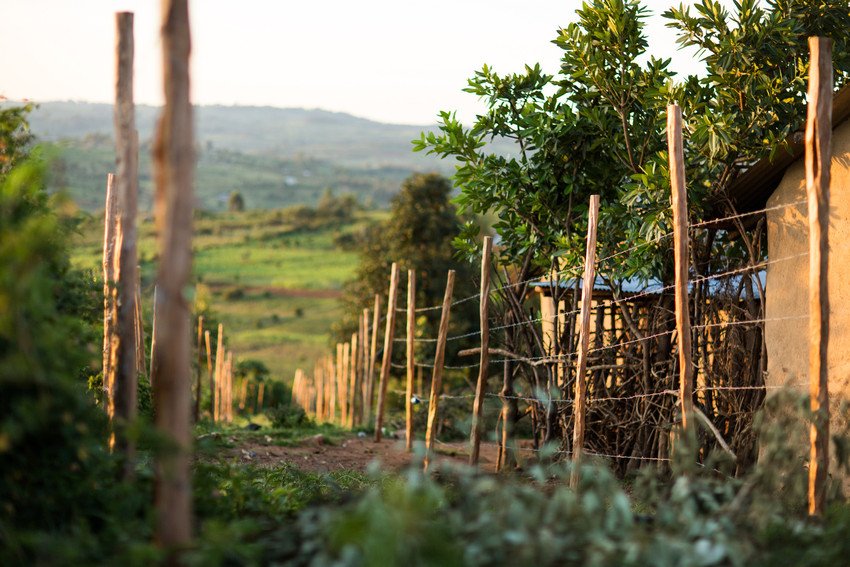In April 2015, Nuru Kenya received a visit from Genesis Analytics, a multinational consulting firm that advises governments and companies in emerging markets. This was their second visit to Nuru Kenya, hence they were familiar with our on-site and field operations. Both visits were at the request of the Leona M. and Harry B. Helmsley Charitable Trust, one of the largest foundations in the United States and the benefactor of Nuru International’s largest single donation to date, to evaluate Nuru Kenya’s progress toward achieving proof-of-concept. My team was eagerly looking forward to the interactive sessions. We have embraced a culture of sharing both failures and successes—not only for fulfillment but also for inspiration; with a mutual belief that acknowledging the challenges we encounter nurtures innovation, creativity and resilience.
Genesis came armed with sets of questions to probe us into revealing how we achieved our proof of concept and the numbers we so proudly declare through our periodic reports. On the first day, our discussions focused on how Nuru Kenya has established the relevance, efficiency, effectiveness and sustainability of our unique poverty eradication model. The Strategic Leadership Team (SLT) set the pace of the deliberations by explaining how our interventions are sculpted to contribute to the country’s efforts to achieve the Sustainable Development Goals and realize Vision 2030. In addition, the SLT explained how Nuru Kenya has ensured the prudent utilization of the resources invested in establishing mechanisms that expand household access to quality information, products and services in order to combat the hunger, poor health and low quality education experienced by rural remote communities.
As Nuru Kenya Country Director, I felt proud that during the discussions, my program managers were able to remarkably articulate the organization’s four-pronged impact strategy that is executed through the Agriculture, Financial Inclusion, Healthcare and Education Programs; and the role of the Leadership Program in building the capacity of local leaders to realize and sustain impact. The program managers comfortably highlighted risks and challenges they encounter and how they cope and mitigate in order to accomplish their program goals. Unpredictable weather, recurrent crop diseases and ingrained myths and misconceptions were just a few of the hardships the team pointed out.
The sessions grew more intense and interesting on the second day. Field managers and officers who were interviewed shared fascinating perspectives drawn from their vast experiences working directly with the community. Their commitment to empowering their people to eradicate extreme poverty was apparent. They also demonstrated they clearly understood the disparities manifested by various regions and the direct and indirect effects of their efforts over the past six years. The wealth of experience, dedication and competence demonstrated by my team was inspirational.
The Genesis visit turned out to be both thought provoking and awe-inspiring for me. The evaluators were keen on knowing how Nuru Kenya would ensure that the impact we have realized will continue to be magnified, scaled and sustained through our local community-led approach. As they posed persistent questions to the team, I was able to appreciate the magnitude of Nuru’s holistic mission. Our integrated model is unlike the fragmented interventions I implemented previously when working for other NGOs. Achieving what Nuru has so far is no simple feat. Though the road to our vision may seem uncertain and rutted, our team is committed to our June milestone of becoming 100% locally led as well as scaling our impact to a new district in 2016. In their words, Genesis said this was “an absolutely fantastic trip.” I feel proud and humbled to be part of such a phenomenal team.


